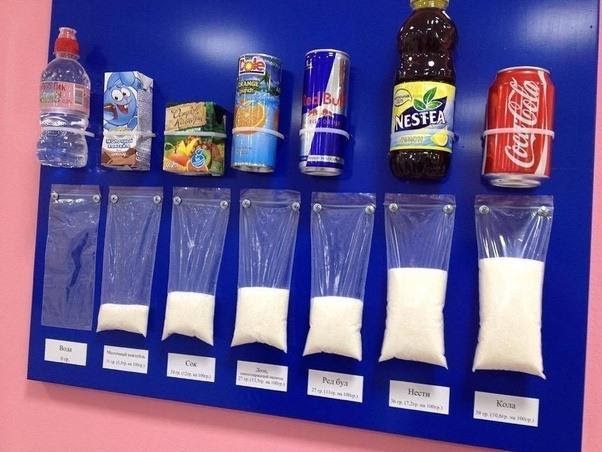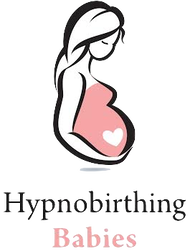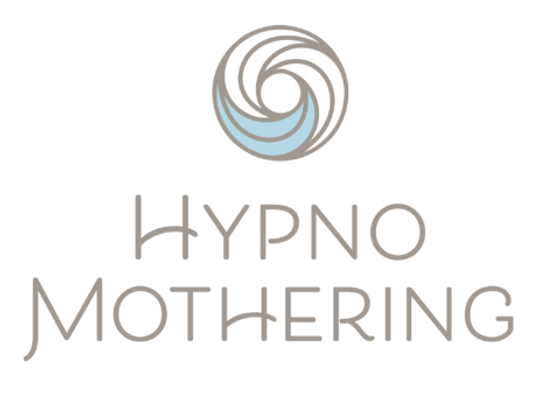|
by Anna Marie Trotmann, Nutrition Consultant
Now that summer is here it’s important to make sure you and your family stay hydrated. The importance of drinking enough fluids each day is crucial for many reasons: to regulate body temperature, flush out toxins, prevent infections, deliver nutrients to cells, and keep organs functioning properly. Being well-hydrated also improves sleep quality, the ability to think clearly and helps with weight loss. Fluids also carry nutrients to your cells, they flush bacteria from your bladder, and prevent constipation. According to Harvard Health a healthy person needs 30 to 50 ounces of fluid per day. What you drink is as important as how much you drink. What are You Drinking? Of course water is your best bet, but you may find that you are reaching for drinks that have a lot of added sugar – a soda, sweetened ice tea, juice, orange juice, energy drinks, or an Icee. Even Vitaminwater has 32 grams of sugar in a 20 ounce serving. The American Heart Association recommends that women consume no more than 100 calories of added sugar a day or 6 teaspoons, men 150 calories a day or 9 teaspoons. Kids 2 -18 should have no more than 6 teaspoons of added sugar. Given these parameters let’s take stock of what you are drinking. The average American consumes 39 pounds of sugar per year from soda and other sweetened drinks. Most Americans consume nearly 20 teaspoons of added sugars each day. That’s more than triple the recommended daily limit for women and double for men and off the charts for kids. Sugar-sweetened beverages like soda and energy/sports drinks are the number 1 source of added sugars in our diet. A 12 oz can of regular soda has about 150 calories and 10 teaspoons of added sugar. Let’s be honest, who drinks a 12 oz can of soda? Rethink Your Drink Our bodies don’t need a lot of added sugar to function properly, so it’s important to be aware of how much sugar you consume. Added sugars contribute zero nutrients, plus added calories that can lead to serious health problems down the road. You may consume more sugar than you realize. Added sugars include any sugars or caloric sweeteners that are added to foods or beverages during processing or preparation (such as putting sugar in your coffee or tea. Added sugars or added sweeteners can include natural sugars such as white sugar, brown sugar and honey as well as other caloric sweeteners that are chemically manufactured such as high fructose corn syrup. How much is Just Right? Think of your daily energy need as a budget. You’d organize your household budget with “essentials” like rent and utilities, and “extras” like a vacation and entertainment. In a daily calorie budget, the essentials are the minimum number of calories you need to meet your nutrient needs. You can budget your sugar intake the same way. How do you figure it out? Read food labels: syrup, molasses, cane juice and fruit juice concentrate mean added sugar. Most ingredients ending with the letters “ose” (like fructose and dextrose) indicate added sugar. Replacing sugar: Enjoy fruit for dessert most days and limit traditional desserts to special occasions. Cut back on the amount of sugar you add to things you eat or drink on a daily basis. Enhance your drinks with spices – try cinnamon, nutmeg or ginger, add fresh fruit to your water such as citrus fruits, try adding fresh herbs like lemon thyme and mint with sliced cucumber. Drink sparkling water and add a squeeze of lemon or lime or both. Try unsweetened tea with mint or a slice of orange. Get Everyone Involved
2 Comments
|
NH Birth Center BLOGThis blog has contributions from Doula's and Midwifes from the North Houston Birth Center, along with articles from other medical personnel from different websites with their credit and link at the bottom of each article. Archives
May 2024
Categories
All
|
|
|
ServicesCompany |
|
© 2024 NORTH HOUSTON BIRTH CENTER, LLC. ALL RIGHTS RESERVED.
Designed with ♥ by MISSION DESIGN SERVICES.
Designed with ♥ by MISSION DESIGN SERVICES.


 RSS Feed
RSS Feed















